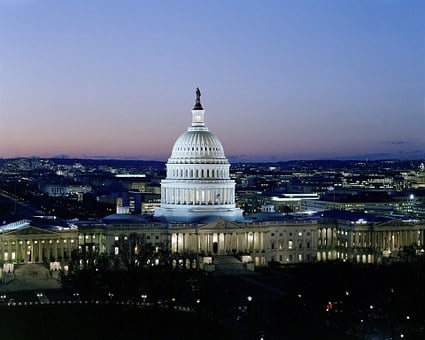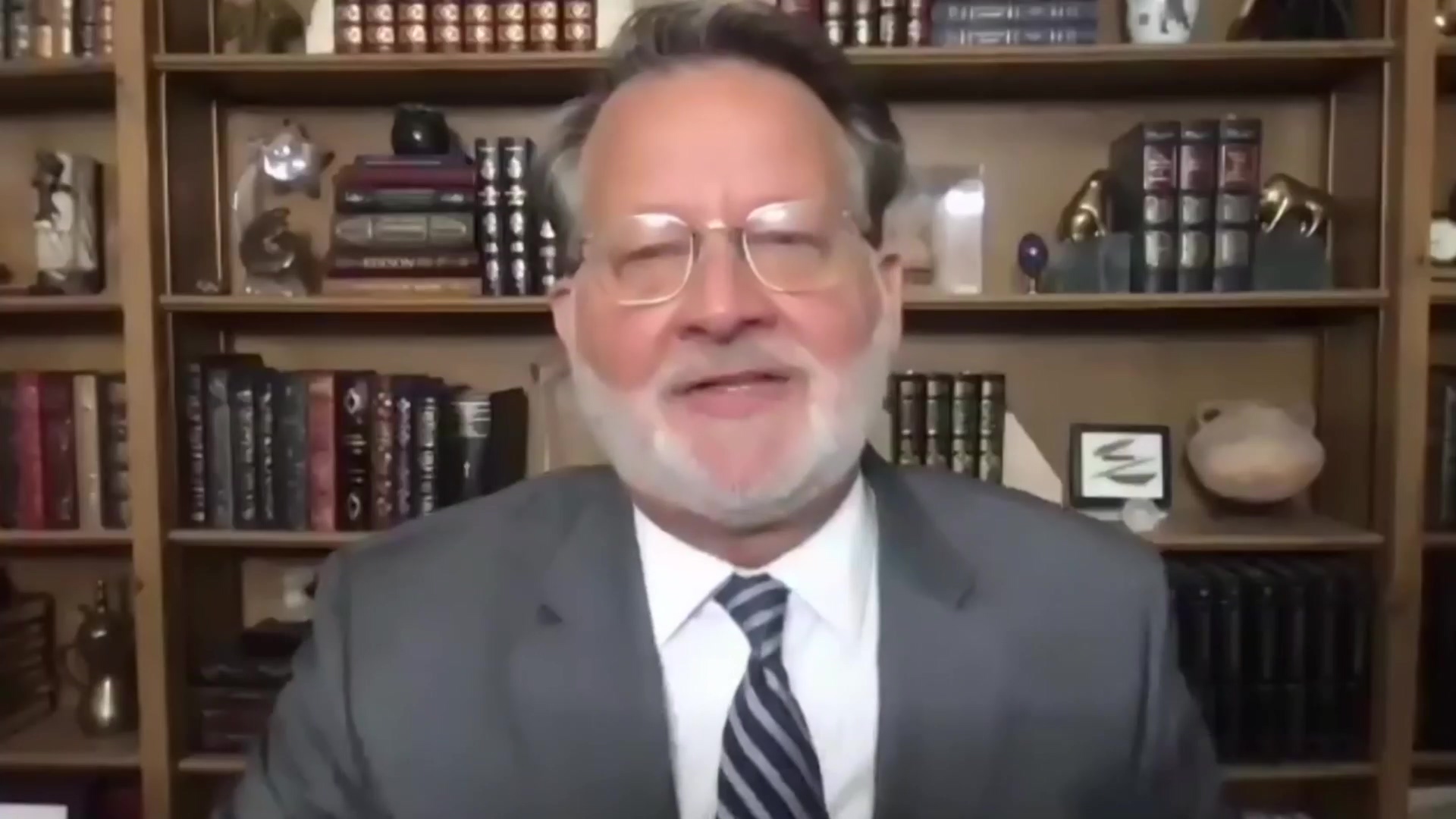
Recently Announced Rule Would Ban Chinese-Controlled Vehicles and High-Risk Technologies to Protect American Consumers and Companies Against National Security Threats.
WASHINGTON, DC – U.S. Senator Gary Peters (MI) urged the U.S. Department of Commerce to finalize its recently announced rule that would protect American consumers and companies against the national security threats posed by allowing vehicles and technologies controlled by Chinese Community Party-backed (CCP) companies to be imported or sold in the United States. The letter underscored the significant national security concerns associated with key Chinese-controlled vehicles and connected technologies in vehicles. This rule would also help to secure the U.S. automotive supply chain and protect the United States’ global leadership in automotive innovation as China seeks to flood the global automotive market with highly subsidized Chinese vehicles.
“We cannot allow technologies from foreign entities of concern on our roads that can store and share Americans’ personal data, commit espionage, and even manipulate our cars,” Peters wrote. “The Department of Commerce, and your Office in particular, is at the forefront of the Administration’s effort to protect and defend Americans from vehicles that could compromise our national security. I welcomed the work of your team in recent months to propose a comprehensive rule that protects against the urgent and significant national security threat posed by the sale and import of vehicles and vehicle technology controlled or vulnerable to manipulation by our adversaries. This rule would help improve the security of the U.S. automotive supply chain, keep the United States at the forefront of global mobility innovation, and create more good-paying jobs here at home.”
The letter continued: “Now that the public comment period for the proposed rule has closed, I urge you to quickly consider stakeholder input and take the necessary steps to finalize this rule. I look forward to our continued work together to secure our supply chains and support American manufacturing on a level playing field.”
Peters has consistently worked to combat the national security and economic threats posed by Chinese-made vehicles. Peters applauded the Commerce Department’s decision to open an inquiry into the development of this regulation in March, and then wrote a letter to U.S. Secretary of Commerce Gina Raimondo and the United States Trade Representative Katherine Tai reiterating his support for the Department’s investigation. Peters also urged Secretary Raimondo to ensure the Commerce Department takes further action to combat threats posed by vehicles and high-risk technologies controlled by Chinese Communist Party-backed companies during a Senate Appropriations Subcommittee hearing earlier this year. Peters applauded the Commerce Department’s decision to raise tariffs on Chinese-made electric vehicles and other goods across numerous key sectors, including steel and aluminum imports, lithium batteries, critical minerals, solar cells, semiconductors, and medical equipment. Peters additionally sent a letter to several Chinese automakers in September pressing for more transparency into their ties to the Chinese Communist Party.
Peters has also consistently worked to boost American development of connected vehicles and other critical roadway safety technologies to support Michigan’s auto industry and create good-paying jobs for Michiganders. Last year, Peters – who Chairs the Senate Subcommittee on Surface Transportation, Maritime, Freight, and Ports – called on the Federal Communications Commission (FCC) to allow the deployment of safe, secure Cellular Vehicle to Everything (C-V2X) technology in order to accelerate the use of this lifesaving mobility safety technology and ensure the U.S. does not fall behind other countries in its development and adoption. Following this bipartisan call from Peters, the FCC approved the deployment of C-V2X technology – which is an intelligent transportation system (ITS) technology that enables data sharing between vehicles, the infrastructure they operate on, and nearby road users – improving roadway safety and efficiency. In 2022, Peters welcomed the U.S. Department of Commerce’s $52.2 million investment in the Global Epicenter of Mobility to drive and advance mobility innovation across Michigan’s automotive sector. Peters secured this funding through the American Rescue Plan he helped enact.
Text of the letter can be found here and below.
Alan F. Estevez
Under Secretary of Commerce for Industry and Security
U.S. Department of Commerce
Dear Under Secretary Estevez:
I write to urge the Bureau of Industry and Security to work quickly to evaluate comments, make any necessary revisions, and finalize your proposed rule banning certain vehicles and technologies controlled or vulnerable to manipulation to our adversaries to be imported or sold in the United States (Docket No. 240919-0245).
I applaud the Administration for its important work to protect American citizens and critical infrastructure from the serious national security threat posed particularly by Chinese and Russian vehicles and their enabling technologies. We cannot allow technologies from foreign entities of concern on our roads that can store and share Americans’ personal data, commit espionage, and even manipulate our cars. As identified by the Bureau and other sources, finished vehicles manufactured or controlled by Chinese Communist Party-backed companies present a heightened national security risk, adding to longstanding concerns about how China’s unfair trade practices threaten U.S. economic competitiveness, intellectual property, and automotive manufacturing.
Experts have sounded the alarm regarding the control of data for connected vehicles manufactured by companies incorporated in China, particularly when it comes to the potential for these vehicles to enable the unauthorized collection, transmission, and storage of Americans’ data, as well as serve as potential vectors for espionage or disruption of critical infrastructure here in the United States. Furthermore, the CCP has made clear that they intend to make the 21st century a “Chinese Century,” with domination of the global automotive market being a key piece of their strategy. The United States has a responsibility, for the sake of the next generation of Americans and the world at large, to ensure that does not become a reality.
The Department of Commerce—and the Office of Information and Communications Technology and Services in particular—is at the forefront of the Administration’s effort to protect and defend Americans from vehicles that could compromise our national security. I welcomed the work of your team in recent months to propose a comprehensive rule that protects against the urgent and significant national security threat posed by the sale and import of vehicles and vehicle technology controlled or vulnerable to manipulation by our adversaries. This rule would help improve the security of the U.S. automotive supply chain, keep the United States at the forefront of global mobility innovation, and create more good-paying jobs here at home
Now that the public comment period for the proposed rule has closed, I urge you to quickly consider stakeholder input and take the necessary steps to finalize this rule. I look forward to our continued work together to secure our supply chains and support American manufacturing on a level playing field.
###















